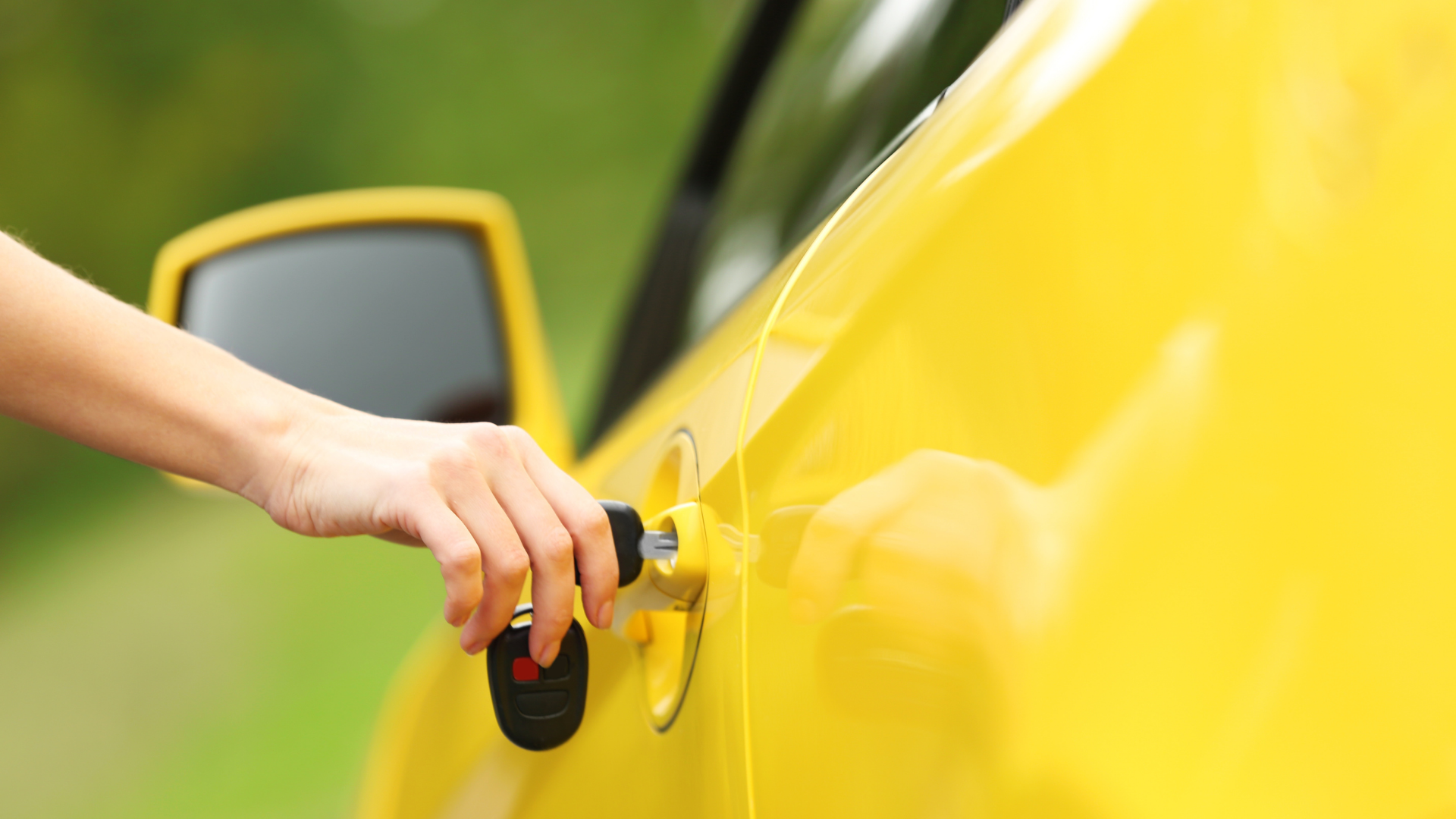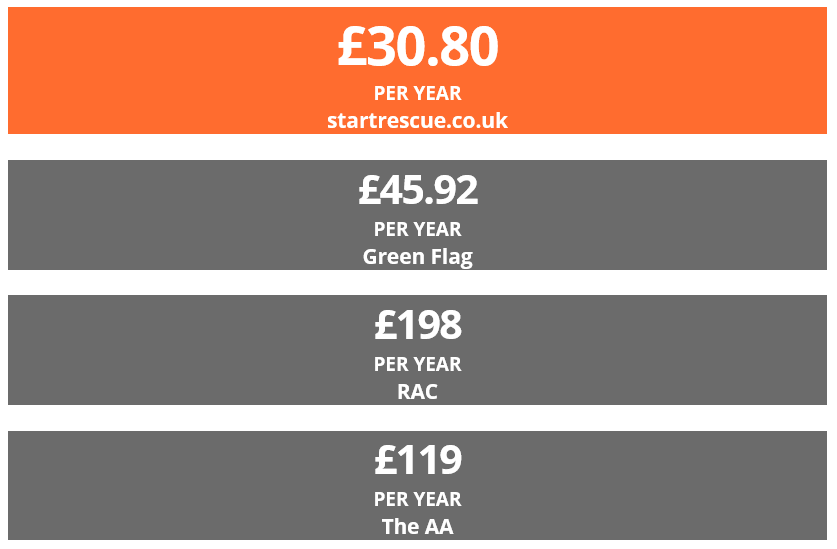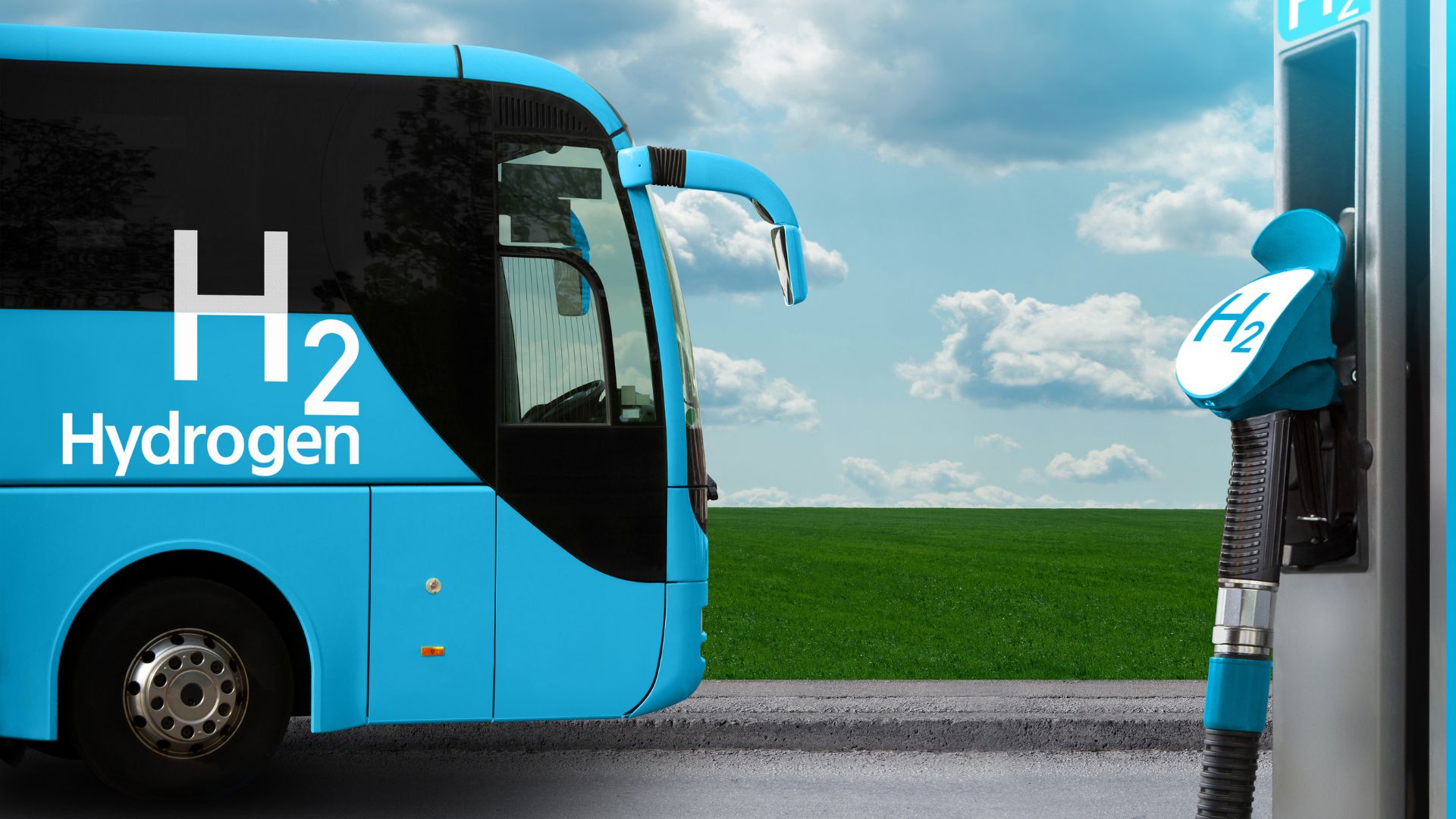
One in three motorists plan to sell their vehicle in the next six months because of the ULEZ expansion
Sponsored content
Research commissioned by online used-car marketplace Motorway has revealed that one in three (36%) Londoners plan to sell their vehicle in the next six months because of the proposed Ultra Low Emission Zone (ULEZ) extension alongside the rising cost of living.
The London ULEZ was introduced in April 2019, covering an area in Central London. In October 2021, this expanded to cover a much wider inner London Area between the North and South Circular roads. In the second half of 2023 this will be expanded to cover all of Greater London, affecting most petrol cars manufactured before 2006 and diesel cars manufactured before 2015. Buses, coaches and lorries must meet or exceed Euro 6 standards. Charges are £12.50 for cars, vans and motorbikes and £100 for buses, lorries and coaches.

Londoners are increasingly concerned about the expansion, with three in five admitting they are worried about how it will affect their finances. Two-thirds of those surveyed can’t afford to switch to an electric vehicle or compliant petrol car.
According to data from Motorway’s ULEZ compliance checker, Mercedes and Land Rover are the most likely to be non-compliant with vehicles facing fines. Research also uncovered that 39% of Londoners sold their car when ULEZ was initially introduced, and with plans of an expansion on the horizon, many more could follow suit.
When asked about the reasons for selling their petrol or diesel car, half (47%) of Londoners said they would sell to buy an electric vehicle in light of the potential expansion of ULEZ. However, due to the rising cost of living, many will be unable to make this switch.
The data reveals that a third (36%) of those in the capital are unaware the ULEZ could be expanded by August 2023.
Alex Buttle, co-founder of online used-car marketplace Motorway said: “The cost of petrol and diesel, along with the cost of living, are rising fast. This coupled with the extension of the ULEZ in London, means more urban drivers are questioning their current car and driving habits. We’ve seen a 21% rise in diesel cars being sold on Motorway since last month and the research revealed many more motorists will be looking to sell in the next six months due to the likely expansion of ULEZ to cover the whole of the city.
Check if your car is ULEZ compliant
To check if your car is ULEZ compliant, visit https://motorway.co.uk/ulez-checker
Research conducted in July 2022 by Censuswide with a sample of 1,000 British car owners aged 18+ from London and Greater London.






